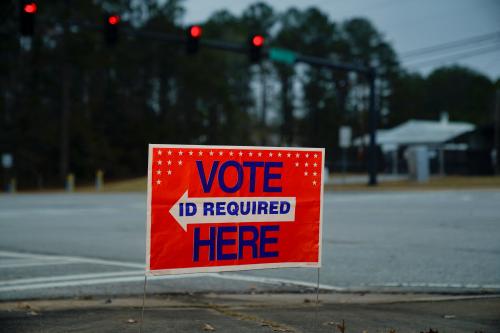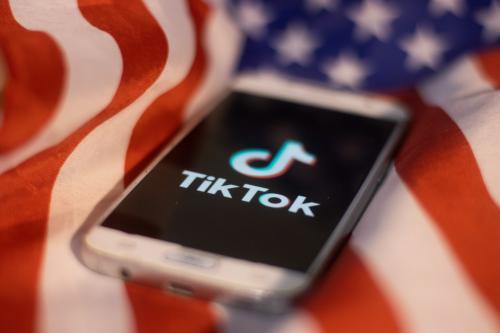The Washington Post asked a group of foreign affairs analysts and other experts for their take on what the candidates should discuss in the first presidential debate. Brookings Senior Fellows Stephen Cohen and Michael O’Hanlon offered their thoughts.
STEPHEN P. COHEN
Senior fellow in foreign policy at the Brookings Institution, author of “The Idea of Pakistan”
Eighty percent of our supplies for Afghanistan go through Pakistan, and the Iranians were very cooperative early on in the fight against the Taliban. The Bush administration policy in fighting the Taliban — in line with Sen. Obama’s proposal — is to send U.S. forces into Pakistan, perhaps without notice to the Pakistanis as to the time and place of the attack. We have come to distrust the Pakistani intelligence service, ISI, to the point where we believe that it leaked plans about our earlier raids to the intended targets — and we have also implicated it in the attack on the Indian Embassy in Kabul. Given the meager results of the last few U.S. raids (and reported firing on American helicopters by Pakistani security forces), would you continue this policy? Do you believe the fragile Zardari government can survive public rage at what is seen as an attack on Pakistani sovereignty? If you would continue the raids, do you appreciate that this runs the risk of Pakistani retaliation, perhaps by cutting our access to Afghanistan? Would you then consider going to the Iranians to secure an alternative route to Afghanistan so that we can reinforce our forces (and NATO’s) in that country?
MICHAEL O’HANLON
Senior fellow at the Brookings Institution and director of Opportunity ’08, a bipartisan effort to raise awareness about policy issues
Neither candidate has given the issue of North Korea its due, and this week brought the latest round in a worsening crisis. North Korea probably quadrupled its nuclear holdings during the Bush presidency. It tested a warhead in the fall of 2006 — and has now stated that it will no longer dismantle nuclear infrastructure that could produce fissile material for even more warheads. Frustrated by Washington’s unwillingness to remove it from the list of state sponsors of terrorism, and perhaps thrown into internal chaos by Kim Jong Il’s purported ill health, it is reverting to classic hard-line behavior. The progress achieved over the past two years could soon be squandered.
Should we swallow our concerns about Pyongyang’s suspected uranium enrichment program (and its nuclear cooperation with the likes of Syria), content ourselves with its declarations about its plutonium stockpiles, and remove it from the terrorism list to get talks back on track? What is our long-term strategy for getting North Korea to surrender the eight or so bombs it has, if that goal is practical and necessary?



Commentary
Op-edThe Debate on Foreign Policy We Want to Hear
September 26, 2008